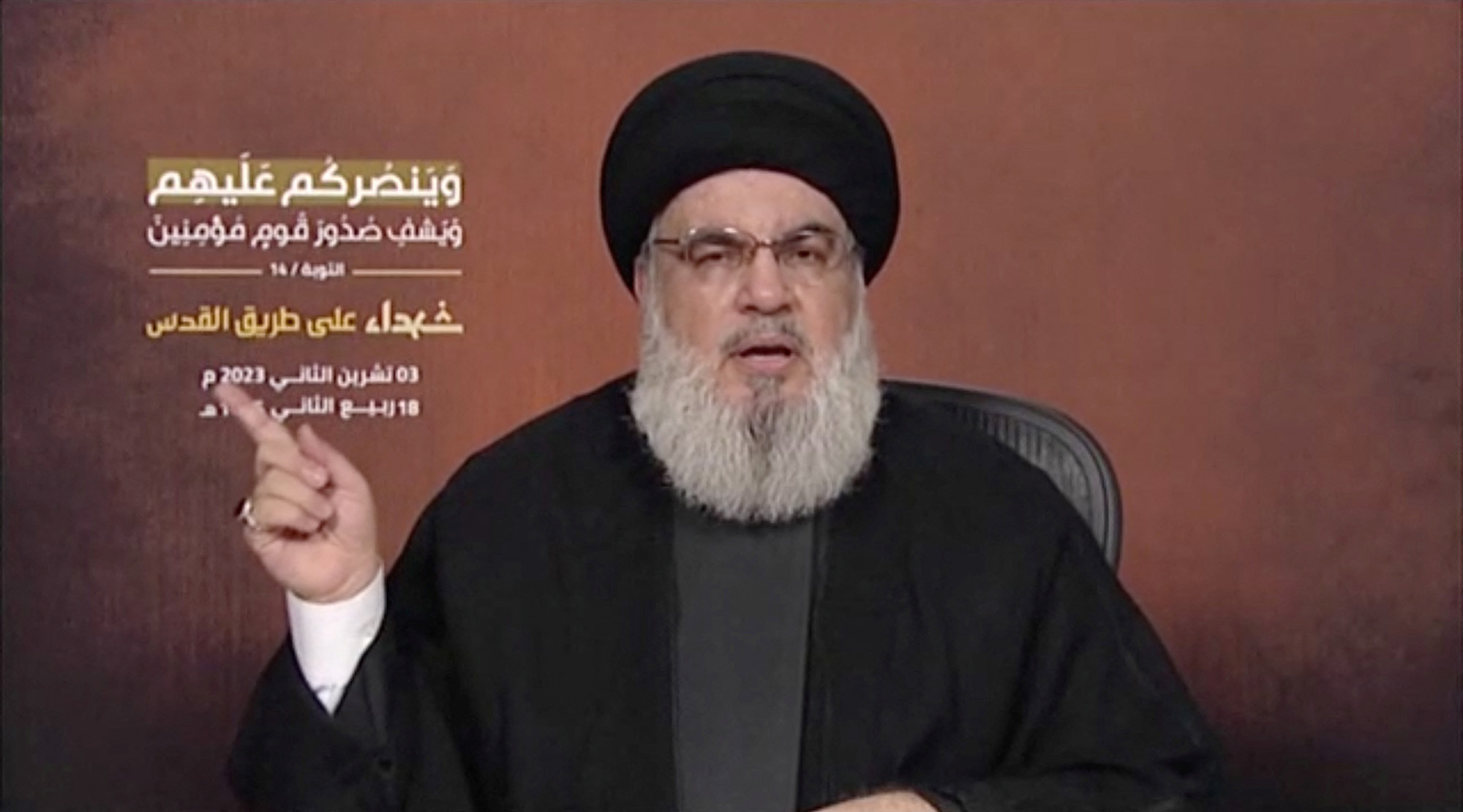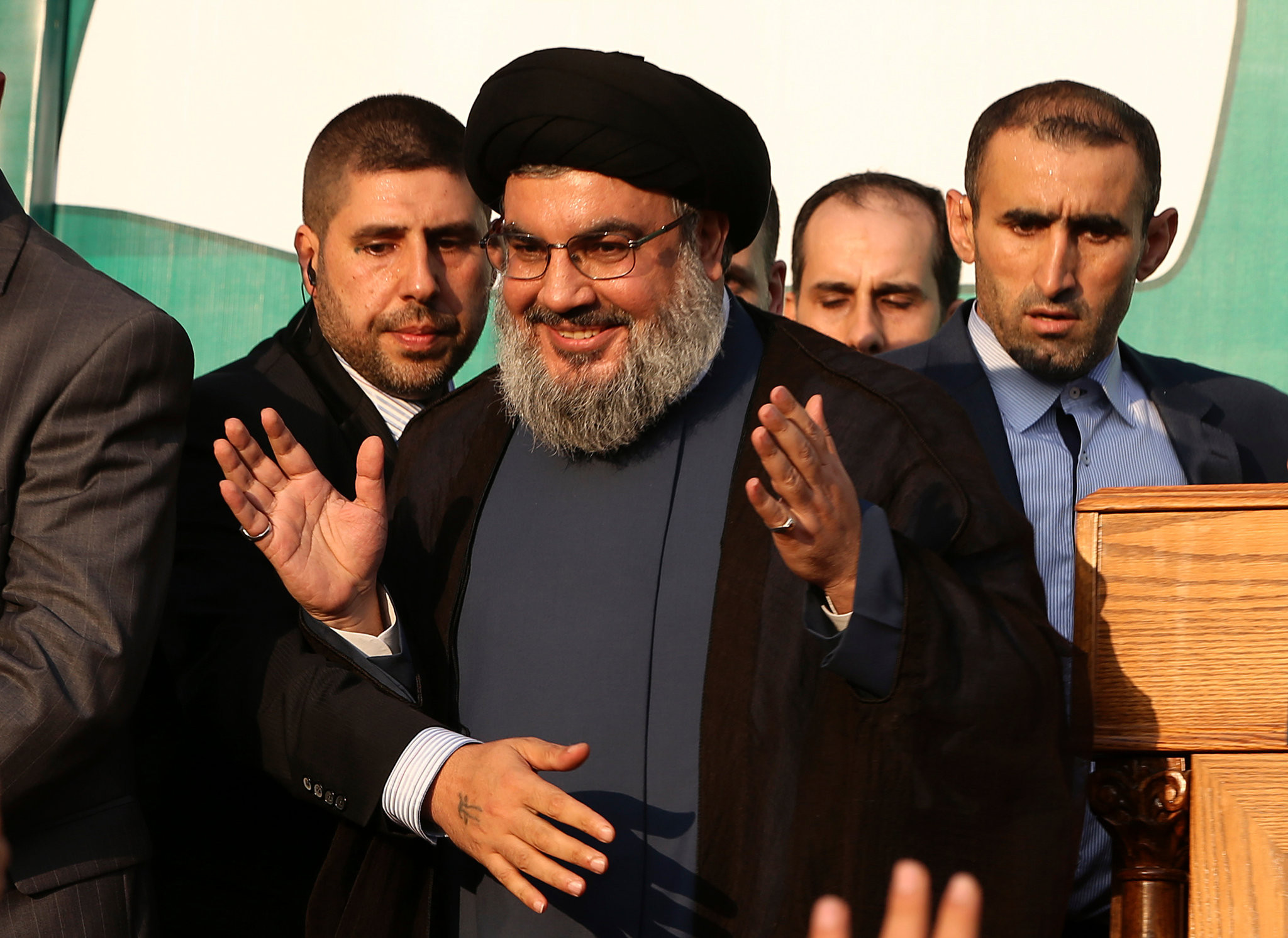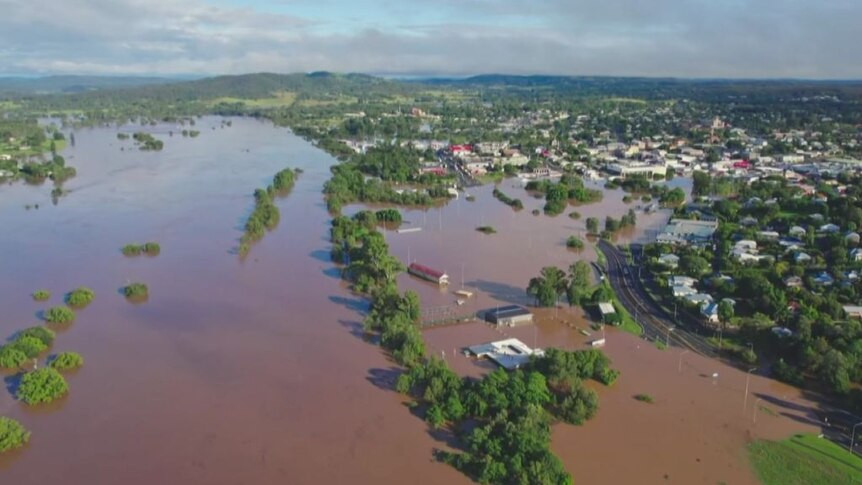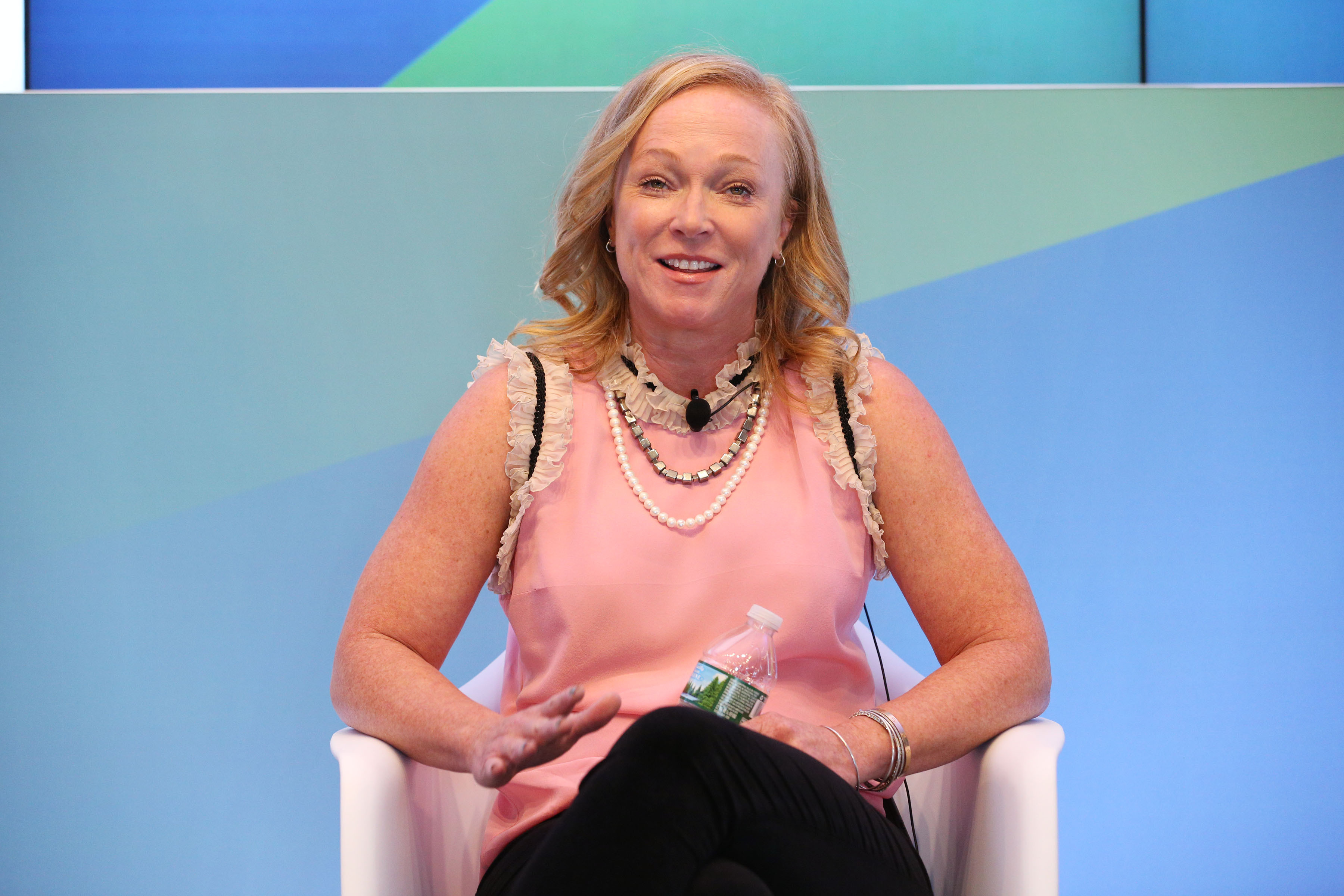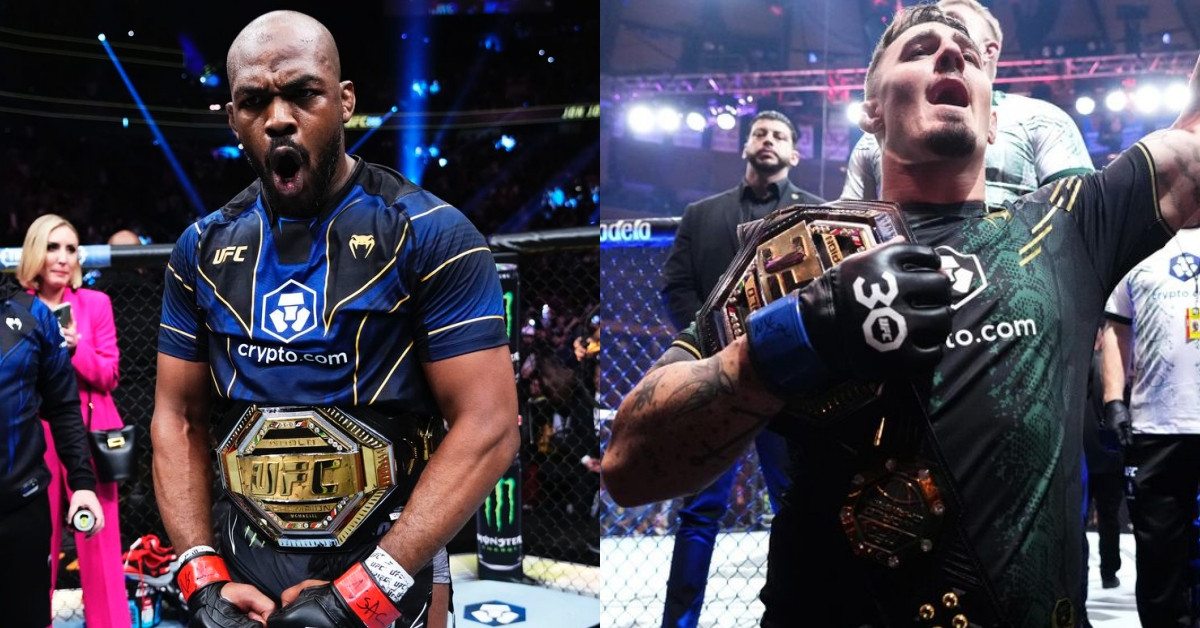Hezbollah Leader Hassan Nasrallah Killed in Israeli Air Strikes: Lebanon in Chaos
Hours after the Iran-allied militant group Hezbollah confirmed that its leader, Hassan Nasrallah, was killed in a massive Israeli air strike, violence flared again, with sirens blaring in Tel Aviv and Israeli forces continuing to hit targets in Beirut and southern Lebanon.
Meanwhile, U.S. President Joe Biden said the death of Nasrallah brought “a measure of justice” to his many victims over the preceding decades and said Israel had the right to defend itself from a “terrorist organization.”
It was not known if the missile attack at th Tel Aviv airport specifically targeted Netanyahu, who cut short his U.S. trip amid the latest violence, which intensified on September 27 when Israel launched a massive attack on southern Lebanon, killing Nasrallah and several other leaders of the U.S.-designated terrorist organization.
Israeli forces on September 28 continued their air strikes on sites they said housed Hezbollah commanders and weapons, including what they said was a “precise strike” on a site in Beirut.
After hours of widespread speculation, Hezbollah confirmed the Israeli military’s earlier claim that it had killed Nasrallah in a series of strikes, which also claimed the lives of several other members of the group.
“Sayyed Hassan Nasrallah, secretary-general of Hezbollah, has joined his great, immortal martyr comrades whom he led for about 30 years,” Hezbollah said in a statement on September 28.
Hezbollah vowed to continue its fight against Israel despite the death of its longtime leader. It gave no indication of who might succeed Nasrallah.
U.S. officials said they were not informed ahead of the attacks by close ally Israel and played no role in the action, although the White House said U.S. officials were briefed that Israel was considering a plan to ramp up operations against Hezbollah, including a possible ground offensive.
Biden, in a statement released by the White House, said Nasrallah and Hezbollah were responsible for the deaths of Americans, Israelis, and Lebanese over the past 40 years.
“Hassan Nasrallah and the terrorist group he led, Hezbollah, were responsible for killing hundreds of Americans over a four-decade reign of terror. His death from an Israeli air strike is a measure of justice for his many victims, including thousands of Americans, Israelis, and Lebanese civilians,” he said.
Biden, whose term will end on January 20, 2025, said Washington fully supported Israel’s right to defend itself against Hezbollah, Hamas -- also designated a terrorist organization by the United States -- Huthi rebels, “and any other Iranian-supported terrorist groups.”
Biden later told reporters that “it’s time for a cease-fire” when asked if a ground invasion by Israel was inevitable.
Vice President Kamala Harris, who is the Democratic nominee to face Republican Donald Trump in the November 5 presidential election, echoed Biden’s remarks, saying, “Hassan Nasrallah was a terrorist with American blood on his hands.”
“I have an unwavering commitment to the security of Israel. I will always support Israel’s right to defend itself against Iran and Iran-backed terrorist groups such as Hezbollah, Hamas, and the Huthis.”
The State Department ordered some staff at the U.S. Embassy in Beirut and their eligible family members to leave Lebanon amid the escalating tensions.
UN chief Antonio Guterres said he was “gravely concerned” by the “dramatic escalation” seen in Lebanon over the past 24 hours.
Moscow, meanwhile, condemned the killing of Nasrallah, with the Foreign Ministry labeling it “yet another political assassination.”
“This forceful action is fraught with even greater dramatic consequences for Lebanon and the entire Middle East,” it said.
The Legacy of Hassan Nasrallah
Hassan Nasrallah was the longtime leader of Hezbollah, the Iran-backed armed group and political party that controls much of southern Lebanon. Hezbollah confirmed on September 28 that Nasrallah was killed in massive Israeli strikes on the Lebanese, capital, Beirut the day before.
In that time, the 64-year-old cleric became one of the most powerful and polarizing figures in the Middle East.
To many members of Lebanon’s Shi’ite community, a historically marginalized group, he was a hero. But others considered him a warmonger who dragged the country into regional conflicts.
Hezbollah is considered a terrorist organization by the United States, although the European Union has only blacklisted its armed wing.
Nasrallah was born in 1960 to a poor family in the southern suburbs of Beirut. After studying at a Shi’ite seminary in Iraq, Nasrallah joined the Amal movement, a militia that sought to elevate the status of Lebanon’s Shi’ite community.
Following Israel’s invasion of southern Lebanon in 1982 -- during Lebanon’s devastating civil war -- Nasrallah joined the newly formed Hezbollah.
A charismatic cleric and skilled orator, Nasrallah quickly rose through Hezbollah’s ranks. When Israel assassinated Hezbollah chief Abbas al-Musawi in 1992, Nasrallah was picked as his successor at the age of 32.
Nasrallah forged a close relationship with Shi’a-majority Iran, Hezbollah’s key backer. With significant financial and political assistance from Tehran, Nasrallah built Hezbollah into a powerful political and military entity in Lebanon and a major player in the region.
Hezbollah’s fight against Israel won Nasrallah support inside and outside Lebanon. In 2000, following persistent Hezbollah attacks, Israel withdrew its forces from southern Lebanon after an 18-year occupation.
In 2006, Hezbollah’s kidnapping of two Israeli soldiers triggered a devastating 34-day war with Israel. Despite the destruction and loss of life caused, the war boosted the standing of Hezbollah in Lebanon and the region.
Under Nasrallah’s leadership, Hezbollah came to the aid of Syrian President Bashar al-Assad during that country’s civil war, trained Iran-backed militias in Iraq and Yemen, and assisted Hamas, the U.S.- and EU-designated Palestinian terrorist group.
Hezbollah has also been accused of orchestrating the deadly 1994 bombing of a Jewish community center in the Argentinian capital, Buenos Aires.
The cleric was rarely seen in public in the past two decades, with most of his supporters witnessing his once black beard turning gray only on television screens. Wearing a black turban, Nasrallah often delivered long speeches via video link from secret locations due to security concerns.
Since the outbreak of the Gaza war in October 2023, Hezbollah and Israel have exchanged constant cross-border attacks. Hezbollah has said that it is acting in solidarity with Palestinians.
Nasrallah’s organization suffered major setbacks in recent months. Israel assassinated key members of Hezbollah’s leadership, neutralized a significant part of its military arsenal, and disrupted its communications.
In his most recent speech on September 19, following suspected Israeli attacks targeting electronic devices used by members of Hezbollah, Nasrallah warned Israel that “retribution will come.”
The Impact of Nasrallah’s Death
The death of Hassan Nasrallah is a significant blow to Hezbollah and the organization’s key sponsor, Iran.
It constitutes the “heaviest blow to Tehran’s regional standing” since the assassination of top Iranian commander Qassem Soleimani in a U.S. air strike in Iraq in 2020, Fathollah-Nejad told RFE/RL’s Radio Farda.
Nasrallah, Soleimani, and Iranian Supreme Leader Ayatollah Ali Khamenei “constituted the nucleus of Iran’s expansive regional ambitions,” he said.
A charismatic cleric and skilled orator, Nasrallah was picked as Hezbollah chief at the age of 32. With significant financial and political assistance from Tehran, Nasrallah built Hezbollah into a powerful political and military entity in Lebanon and a major player in the region.
The 64-year-old’s death will have “serious implications” for the operations of Iran’s axis of resistance, said Hamidreza Azizi, a fellow at the German Institute for International and Security Affairs.
“In the short term, it will result in serious gaps, lack of coordination, and ambiguity,” he told RFE/RL.
Yemen’s Huthi rebels, another member of the axis, could take the mantle from Hezbollah if Iran decides to establish a new hierarchy in the network, Azizi says.
The Huthis have been “more effective” at challenging Israel since the outbreak of the Gaza war than other axis members and suffered less blowback, Azizi said.
“But there is no guarantee that they will remain as such, given Israel’s determination to go after [members of the axis] one by one,” he added.
For Hezbollah, Nasrallah’s death could be disastrous, experts say.
“Nasrallah will be difficult to replace,” said Norman Roule, a veteran of the CIA who worked at the Office of the Director of National Intelligence.
“Any successor will lack his political stature in Lebanon and personal relationship with Iran’s supreme leader,” Roule told Radio Farda.
Hezbollah has suffered major setbacks in recent months. Israel has assassinated key members of its leadership, neutralized a significant part of its military arsenal, and disrupted its communications.
“Israel’s Defense Forces have eradicated an entire generation of Hezbollah leadership who take with them a collective pool of experience that is collectively irreplaceable,” Roule said.
Heiko Wimmen of the Brussels-based International Crisis Group said Hezbollah was too “institutionalized to be decapitated.”
But, he added, the organization can only withstand so many “dramatic blows” before “something will eventually give,” he told Radio Farda.
The Road Ahead
The death of Hassan Nasrallah is a turning point in the Middle East. It is a major blow to Hezbollah and its sponsor, Iran. It is also a significant victory for Israel. It remains to be seen what the long-term consequences of Nasrallah's death will be, but it is clear that the Middle East is now in a new and dangerous phase.
With the death of its leader, Hezbollah will likely face a period of uncertainty and instability. The group will need to choose a new leader and rebuild its ranks. It is also unclear how Iran will respond to the death of its key ally. Tehran may choose to escalate the conflict with Israel, or it may try to de-escalate the situation. Whatever Iran's decision, it is clear that the Middle East is now a more dangerous place than ever before.
The death of Hassan Nasrallah is a reminder of the fragility of peace in the Middle East. The region is fraught with tensions and conflicts, and it is likely that the violence will continue for some time to come.
It remains to be seen whether this latest escalation will lead to a full-scale war or a negotiated settlement. However, the death of Nasrallah has changed the balance of power in the Middle East, and it is a development that will have far-reaching consequences.




